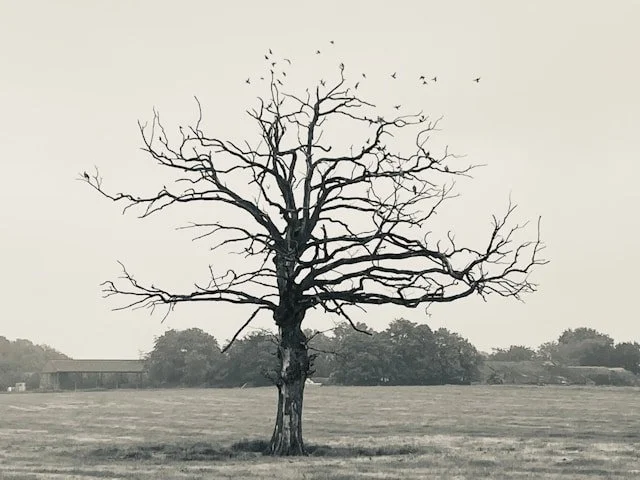1. The Fading of Forgiveness: Tim Keller reflects on a troubling trend. He says, “Today, after the renewal of the racial justice movement in the wake of George Floyd’s death, the emphasis on guilt and justice is ever more on the rise and the concept of forgiveness seems, especially to the younger generation, increasingly problematic. What are the influences that are making forgiveness problematic in our culture?” Later, Keller offers this insight, “When a society rejects the Christian account of who we are, it doesn’t become less moralistic but far more so, because it retains an inchoate sense of justice but has no means of offering and receiving forgiveness.” The article is long but well worth the time.
2. The Wastefulness of Beauty: Michael Rennier reflects on God’s invitation for us to step into creating with delight, even when what we create is impermanent. He concludes, “Make art. Make beauty. Toss it away. Trace your name in water. Cast beauty in your wake, a seed that may be forgotten and buried forever or, perhaps, to be retrieved at some future date by hot, warm nervous hands. Either way, it makes no difference. It’s all love.”
3. There’s No Such Thing as the Lizard Brain: Lisa Feldman Barrett undermines this and other myths on the brain explored. She says that research tells us, “What does all this mean for you? You’re not a simple stimulus-response organism. The experiences you have today influence the actions that your brain automatically launches tomorrow.”
4. How Religious Commitment Varies by Country: Africa, Middle East, and South Asia rank highest of countries with a high religious commitment. It’s telling to see the very low religious commitment in Canada, Europe, and China. The United States lands in the middle at 53% of those saying religion is important to them.
5. Iguana Chased by Nest of Deadly Snakes: Get out your popcorn and check your heart rate for these two minutes of adrenaline.







